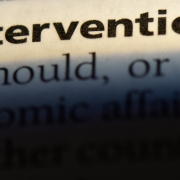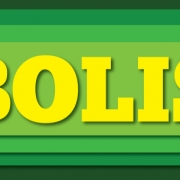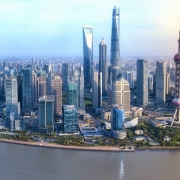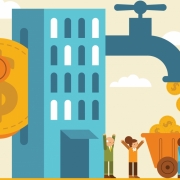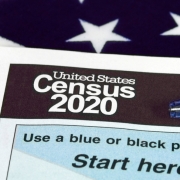There Are Free Markets And There Is Government Control. There Is No Third Way.
Every government intervention into the economy may not be socialism, but it is a step toward socialism.
Interventionists claim to advocate for a ‘third way’ of economic organization, one that preserves the productive nature of capitalism, while merely reining in some of its destructive excesses.
For instance, Sen. Elizabeth Warren last year described herself as a “capitalist to the bone,” even declaring “I believe in markets and the benefits they can produce when they work.”
However, she added the caveat that it is “markets with rules” that can create value and insisted “markets worked better” during the timeframe of 1935 to 1980 in large part due to “more aggressive regulation of markets.”
But is there a reasonable “third way”?
The defining difference between socialism and capitalism, as described by Ludwig von Mises in his 1950 essay “ Middle of the Road Policy Leads to Socialism,” is “the substitution of public control of the means of production for private control.”
More properly understood, socialism would eliminate the private ownership of the means of production by capitalists.
So efforts to impose “more aggressive regulation of markets” – which typically amount to more confiscatory taxes and stricter government regulations – may fall short of actual socialism, but erode the defining characteristic of capitalism, namely private ownership over the means of production.
It is important here to note that ownership implies the right to utilize, trade or otherwise dispose of property as the owner sees fit, as long as his actions don’t infringe on the rights of others.
Any restrictions on the owner’s use, therefore, represents an erosion of private property rights over the means of production, and a step in the direction of centralized, or public, control over those means.
Taxes, naturally, erode ownership rights of the capitalist by forcibly confiscating a portion of the fruits of the capitalist’s utilization of the means of production under his ownership, and shift them into the hands of a centralized authority.
Regulations restricting free exchange in the marketplace likewise curtail private ownership rights. Indeed, as Mises discussed, establishing price controls even over one product will not only restrict the free exchange of that item, it will lead to a domino effect whereby the end result may be full-blown socialism.
Take the case of a price ceiling imposed by the government on milk, established behind the reason to make milk affordable, and thus available, to more consumers. “The result is that the marginal producers of milk, those producing at the highest cost, now incur losses” because they are unable to sell their product at a profit, wrote Mises.
In response, these producers will instead use their means of production like cows, farm equipment and labor to produce, for instance, butter, cheese or meat. The result will be less milk available for consumers.
As such, the price ceiling will create a condition contrary to what the government intended with the ceiling in the first place. It brings about a state of affairs “even less desirable than the previous state of affairs which it was designed to improve,” wrote Mises.
To correct this situation, the government then must add “a second decree fixing the prices of the factors of production necessary for the production of milk” in order for the marginal producers to no longer suffer losses.
But then the supply of the factors of production for milk will end up being reduced, “and again the government is back where it started,” observed Mises. This additional intervention will set off a chain reaction that quickly spreads, as “the same story repeats itself on a remoter plane.”
If the government doesn’t want to admit defeat and wants to avoid shortages of milk, it will have to continue to set price ceilings for those factors necessary to produce the factors of production for milk, and then for the factors needed to produce those factors, and so on, ad infinitum.
“Thus the government is forced to go further and further, fixing step by step the prices of all consumers’ goods and of all the factors of production” in order to see the amount of milk the government wants to see produced, Mises wrote.
And no industry can be excluded from these price controls, because, as Mises pointed out, “capital and labor would tend to flow into them and the result would be a drop in the supply of those goods” that had their prices fixed by government order.
At this point of government control of prices over all the means of production, Mises concluded, “This is no longer capitalism, it is all-around planning by the government, it is socialism.”
This was no theorizing, either. As Mises pointed out, during World War II “Great Britain again resorted to price ceilings for a few vital commodities,” which lead to a chain reaction just as Mises described until the country had “substituted all-around planning of the country’s whole economy for economic freedom.” By the time the war concluded, “Great Britain was a socialist commonwealth.”
There is no sustainable “third way” to organize the economy. The fundamental struggle is between capitalism and socialism, between true private ownership over the means of production and their collective ownership.
Any intervention, even those thought to be benign, eats away at private ownership rights and pushes the economy toward socialism. As Mises argued: “Interventionism cannot be considered as an economic system destined to stay. It is a method for the transformation of capitalism into socialism by a series of successive steps.”
Bradley Thomas via mises.org
